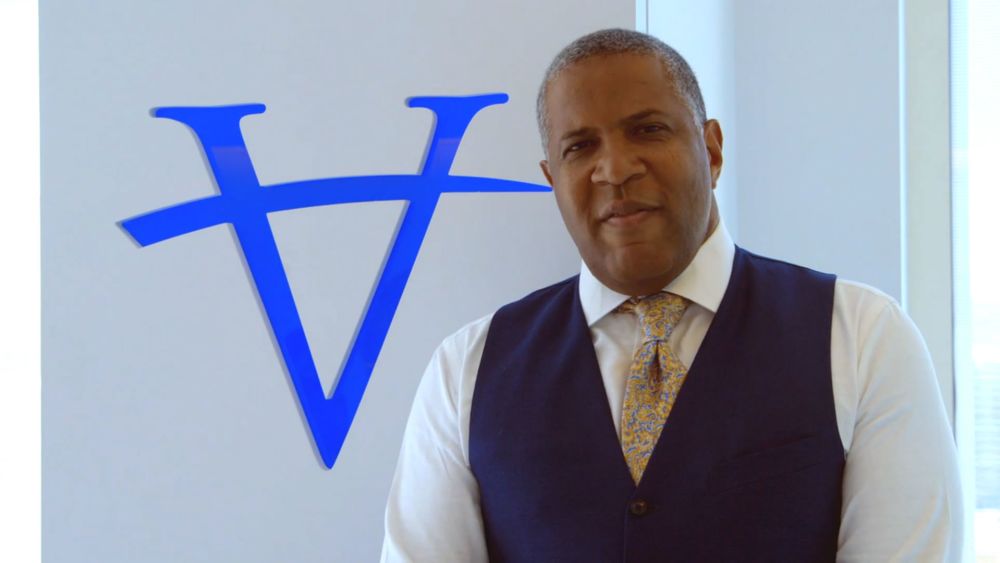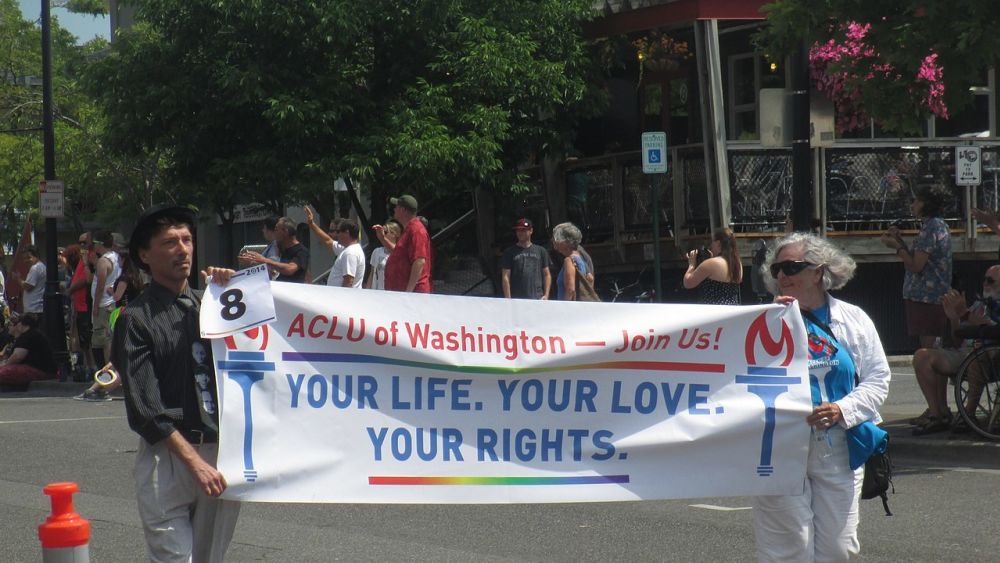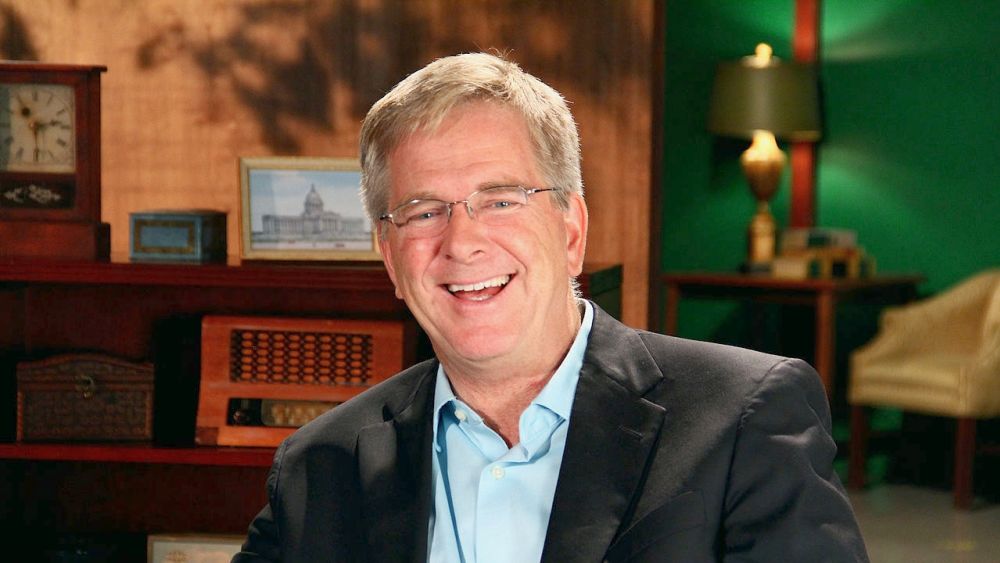The Plastic Pollution Coalition: Spreading the Word to Reduce the Waste
Greggory Moore | Best of Best

image by: Marcello Casal Jr./Agência Brasil
As valuable as they can be, recycling and clean-ups are not the answer. Source reduction is the key to sparing the environment—including ourselves—from further plastic poisoning. Enter the Plastic Pollution Coalition to get that message into our thick heads.
Plastic is a substance the Earth cannot digest.
That straightforward statement is why over 400 organizations have come together as the Plastic Pollution Coalition, a not-for-profit organization whose sole mission " is to stop plastic pollution and its toxic impact on humans, animals, the ocean and the environment."
That's an ambitious goal, to be sure. Since the 1907 invention of Bakelite, the world's first synthetic plastic, plastic has become ubiquitous in today's world. Just how ubiquitous may be impossible to quantify, but if you spend the rest of today cataloging every bit of plastic you see (and no doubt you'll miss plenty), then consider statistics like how much plastic winds up in the ocean each year—at least 4.8 million metric tons (and more likely something like 12.7 million), enough to blanket the entirety of Los Angeles ankle-deep—and you start to get a sense of what we're talking about just in the United States, which is a distant third (behind China and India) on the list of populations by country.
The reality is that plastic isn't going anywhere, both in terms of our usage of it and its lifespan. Regarding the latter, 500 years is the conservative estimate for how long it takes a petroleum-based plastic product (i.e., the vast majority of plastic in the world today) to decompose. Even then it hasn't gone away: it's simply become particles too small to see—but not to small to enter the food chain. What that means today is that just about every bit of plastic ever made is still out there somewhere.
All of this and more is why the Plastic Pollution Coalition's (PPC) primary target is eliminating single-use plastic products—bags, straws, microbeads, etc.—by getting the word out about just how damaging and avoidable a problem such products are.
"It's about messaging," says PPC Editorial Director Elizabeth Glazner. "Plastics [i.e., as an environmental problem] hasn't quite caught fire in terms of global awareness. Our goal for 2016 is to elevate it to the level of the way we [now] think about climate change. […] We're interested in getting plastic pollution talked about at the dinner table."
From her experience growing up on the Pacific Ocean, PPC co-founder Dianna Cohen was hyperconscious of the problem of plastic pollution, to the point that since 1990s she has used discarded plastic—the ubiquitous plastic bag in particular—as the primary material for her visual art.
Cohen's activist aspirations were piqued in 2008 when she met Capt. Charles Moore, internationally known for his work drawing attention to the "Great Pacific Garbage Patch," a gyre of marine debris—plastic, chemical sludge, and other unnatural yuck—he discovered in 1997. Cohen's idea was to get a fleet of decommissioned fishing trawlers to clean up the Great Pacific Garbage Patch, until she learned the physical impossibility of such an endeavor.
But she also gained a bigger insight: physical cleanup was the least effective way to solve such problems, the least effective use of such well-intended energy. The change has to happen on land, she realized, and source reduction is the key.
So in October 2009, after making a series of connections—some of which were solidified at a summertime meeting on the subject of plastic pollution at Google headquarters—Cohen founded the PPC with Lisa Kaas Boyle, Manuel Maqueda, and Daniella Russo. The PPC's soft launch event, held at the home of Irmelin DiCaprio (yes, that DiCaprio: Irmelin is the mother of the famous actor, whose Leonardo DiCaprio Foundation is part of the PPC), was attended by about 40 people brought on board simply by the five co-founders reaching out to their immediate communities, including people interested in the plastic problem by Cohen's art.
A watershed moment in the PPC's history came when Cohen gave a TED talk in April 2010. TED featured a video of her talk online, the buzz from which made the PPC a bigger blip on the environmental community's radar. That success led to Cohen and fellow PPC co-founder Lisa Kaas Boyle being invited to produce their own TEDx conference, TEDxGreatPacificGarbagePatch, which included the likes of Jackson Browne, Fabien Cousteau, and Capt. Charles Moore.
With an overarching mission "to stop plastic pollution and its toxic impact on humans, animals, the ocean and the environment [by] empower[ing] more people and more organizations to take action to stop plastic pollution and to live plastic-free," the PPC exists "as a platform to amplify a common message through strategic planning and communication" for its over 400 member organizations and an ever-growing coalition of individuals.
A seemingly small but important part of that messaging, Cohen says, is calling the problem what it is—plastic pollution—rather than by more innocuous terms like "marine debris." Plastic doesn't merely clutter the environment—which would be bad enough all by itself—but it pollutes the land, the water, and the plant and animal life both terrestrial and aquatic. That includes our own bodies.
"Many of the chemicals that are used to make plastic, whether petroleum- or plant-based—have been identified as endocrine disruptors," Cohen points out, "which have been linked to diabetes, obesity, various cancers, and more. They get into fish and leech into the soil, which can ultimately lead to our ingesting them."
Unlike many activist environmental organizations, the PPC central aim is not recycling. It's not that they believe recycling isn't better than nothing, but as Glazner notes, recycling is both a bit of a misnomer and is used an excuse to maintain a damaging status quo.
"We really, really stress source reduction over recycling, reusing, and all of the other Rs," she says. "The problem is not caused by the consumer; the problem is caused by manufacturers of products who willfully refuse to change their product design to consider end-of-use action. Like, if you make salads for Trader Joe's, you might put 175 piece of plastic in there. (I'm exaggerating on purpose.) We gotta rethink that stuff. We've got to stop individually wrapping everything in our midst. It's out of control. All of that stuff goes into the waste stream. A very, very small percentage of that is ever recycled; and most of the time it isn't really recycled, it's downcycled. You can't really recycle plastics. Like, a plastic cup cannot be a plastic cup again; it's going to be some sort of lower incarnation."
Not that the PPC is uninterested in trying to get the word out to consumers to change our habits. A current push along these lines is the "Just Say No to Straws" campaign, which the PPC touts as one of the easiest ways to keep plastic out of the landfills.
"Think about how common it is when you dine out for your server to drop off a straw with your order—or worse yet, to simply stick it in your drink without your asking," Glazner says. "It's worse at bars. Unfortunately, patrons are in the position where they need to head the straw off at the pass by telling their server or bartender they don't want one. […] We have a long way to go before people are thinking twice about taking a straw. But we're going to get there."
Glazner says the PPC is "sort of deputizing people who care to go out and make these requests in their own sphere," encouraging us not only to (for example) refuse straws, but even approaching local bars and restaurants and asking them to change their practice when it comes to straws, just like a couple of decades ago restaurants in perpetually drought-stricken California began to veer away from serving water without patrons' asking for it.
But the PPC feels a top-down approach is even more important for wholesale change. That's why the PPC works with environmental lawyers and other nonprofits to influence policymakers to pass laws so that conservationist choices are made before they ever fall to the consumer. One of the PPC's recent victories on that front is California's ban on all products containing microbeads, tiny plastic particles that many manufacturers include in products such as exfoliants and toothpaste that the United Nations Environmental Assembly calls an "emerging issue," as microbeads "tend not to be filtered out during sewage treatment, but are released directly into rivers, lakes and the ocean," where they contaminate the food chain.
But as Glazner notes, considering the present state of U.S. politics, compelling such policy changes is an uphill battle.
"We still have a major party in this country dominating our politics that still won't admit that [human-caused] climate change is real," she says. "If you're trying to get policy passed that in any way regulates industry—and when you get down to it, plastic pollution and laws is all about regulating industry, because it's about source-reduction—you're going to have a hard fight. So we always anticipate friction."
There's also the resistance big business. As an example Glazner points to California's ban on plastic bags, the first such ban in the United States. You haven't heard of it, you say? That's because, despite Gov. Jerry Brown's signing the ban into law in September 2014, lawsuits filed by major plastics manufacturers have prevented the law's implementation, forcing it to a vote this coming November.
Glazner says the reason for such obstacles to protecting the environment is simple: profit. The more plastic manufacturers delay the implementation of better environmental practices, the more plastic they create, thereby increasing their financial bottom line as they broaden the problem, a problem that literally will not go away by itself.
And that problem may be showing up like never before. A 2013 study published by Environmental Defence reported a first-ever finding of neonates being born "pre-polluted," with dozens of carcinogenic chemicals—many from plastics—detectable in their umbilical cord blood.
Needless to say, no reduction of plastic pollution can come too soon or be implemented too widely. So the Plastic Pollution Coalition's call for change cannot sound too loudly. And in a world where so much of a material meant to last virtually forever is used once that then thrown away, a big change is little to ask.
About the Author
Except for a four-month sojourn in Comoros (a small island nation near the northwest of Madagascar), Greggory Moore has lived his entire life in Southern California. Currently he resides in Long Beach, CA, where he engages in a variety of activities, including playing in the band MOVE, performing as a member of RIOTstage, and, of course, writing.
His work has appeared in the Los Angeles Times, OC Weekly, Daily Kos, the Long Beach Post, Random Lengths News, The District Weekly, GreaterLongBeach.com, and a variety of academic and literary journals. HIs first novel, The Use of Regret, was published in 2011, and he is currently at work on his follow-up. For more information: greggorymoore.com

Introducing Stitches!
Your Path to Meaningful Connections in the World of Health and Medicine
Connect, Collaborate, and Engage!
Coming Soon - Stitches, the innovative chat app from the creators of HWN. Join meaningful conversations on health and medical topics. Share text, images, and videos seamlessly. Connect directly within HWN's topic pages and articles.
















